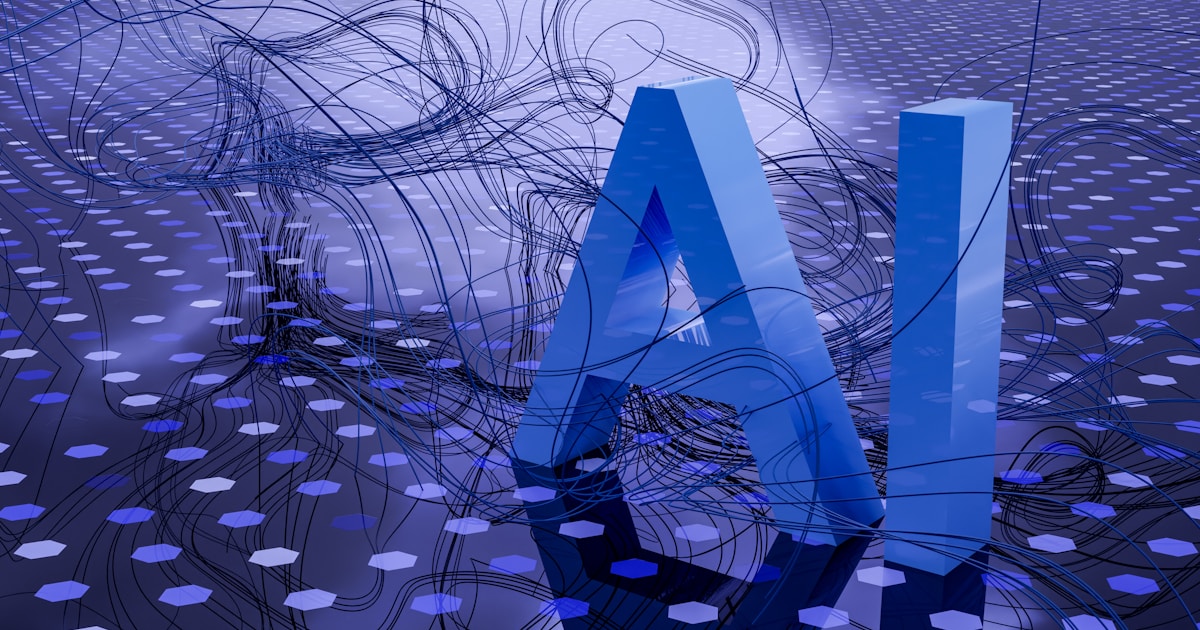Artificial Intelligence has emerged as a transformative force in business analytics, fundamentally changing how organizations collect, process, and interpret data. This technological revolution isn't just about automating existing processes; it's about reimagining what's possible when human insight combines with machine intelligence.
The Current Landscape of Business Analytics
Today's business environment generates unprecedented amounts of data. From customer interactions and social media engagement to supply chain logistics and financial transactions, organizations are swimming in information but often struggling to extract actionable insights. Traditional analytics tools, while powerful, require significant manual intervention and expertise to deliver meaningful results.
How AI is Transforming Analytics
1. Automated Data Processing
Modern AI systems can automatically clean, organize, and prepare data for analysis, reducing the time from data collection to insight generation from weeks to hours. Machine learning algorithms can identify patterns, anomalies, and trends that would take human analysts much longer to discover.
2. Predictive Analytics
AI-powered predictive models can forecast future trends, customer behavior, and market conditions with remarkable accuracy. These models continuously learn and improve, adapting to new data and changing business conditions in real-time.
3. Natural Language Processing
Advanced NLP capabilities allow business users to query data using natural language, democratizing analytics across organizations. Executives can ask questions like "What were our top-performing products last quarter?" and receive instant, accurate responses.




